In his Friday morning radio interview, Viktor Orban said a lot of things about migrants that should be heeded. As is usually the case, the things to be taken to heart are actually self-evident.
However, when the prime minister says with great emphasis that there should be no "mini Gaza-style ghettos" in Budapest, and that we will not be able to send the immigrants away once we have let them in, it is still a noteworthy statement.
If only because - and I suspect - Viktor Orban sees, knows and senses something that all Hungarian society will soon have to face.
The first question: should we let them in? Actually, this question is not a question at all, since the upsurge in migration, the vast majority of people in the country (yes, left-wingers, too) say that we want to decide for ourselves who should come in and who should not. Otherwise, immigrants can come, of course, as long as they apply for and receive permanent residency, work, cooperate with the majority society, do not commit crimes and do not want to impose their cultural-civilizational "norms" on us. If they accept these criteria, then they can come - provided, of course, that they use their name and a passport, and not by cutting through the barbed wire border fence, setting fires and carrying firearms, but in a visible way. Anyone refusing to play by the rules will not be allowed to enter - certainly not into Hungary.
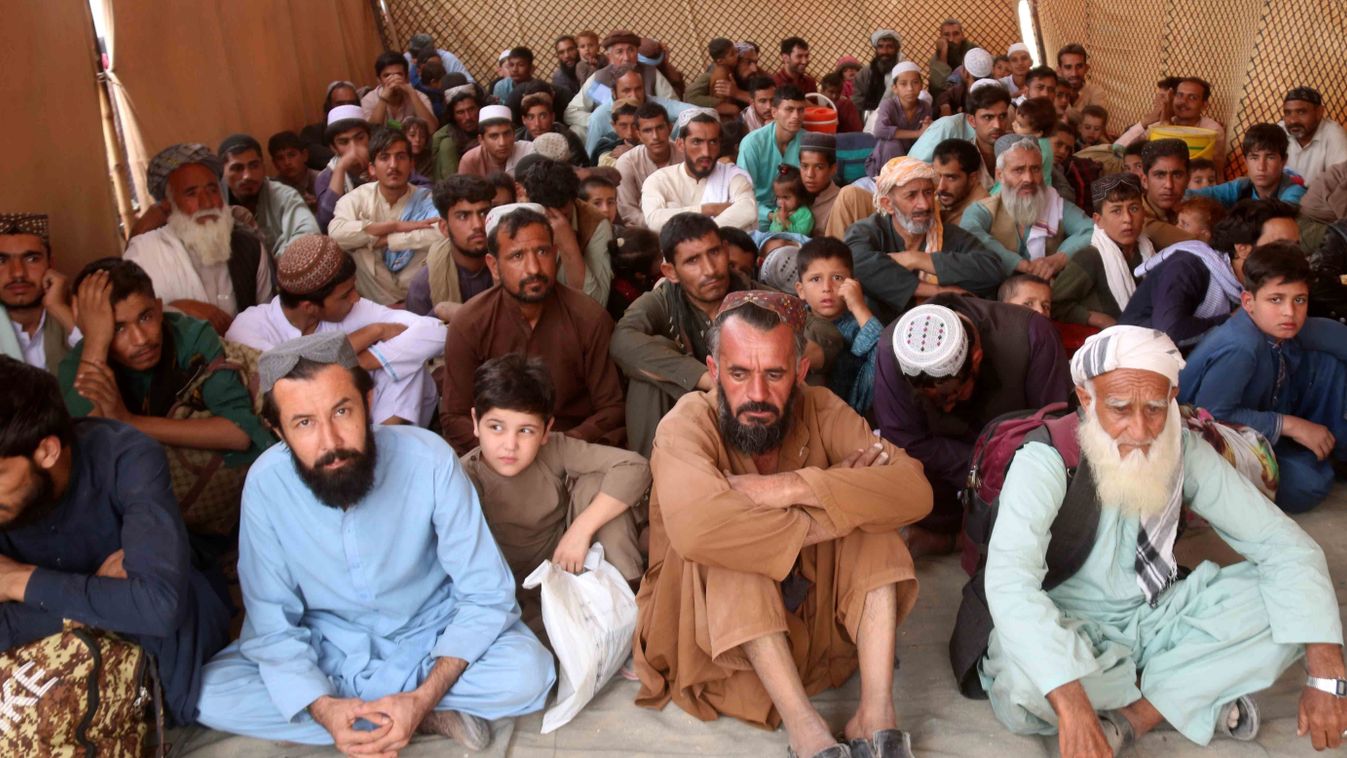
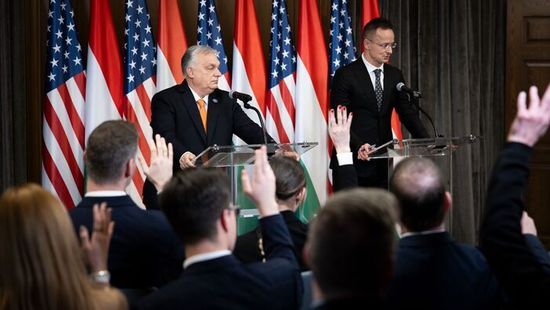











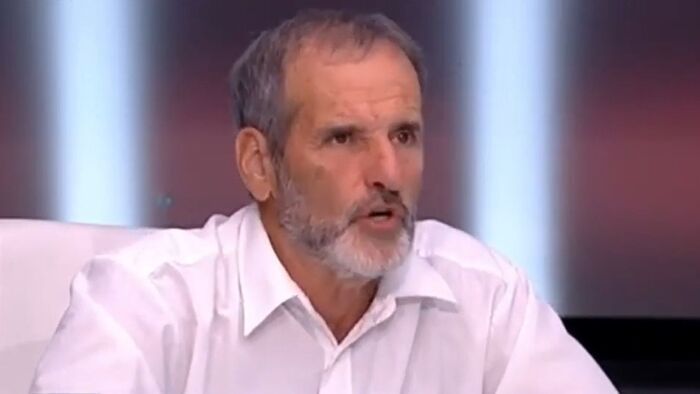


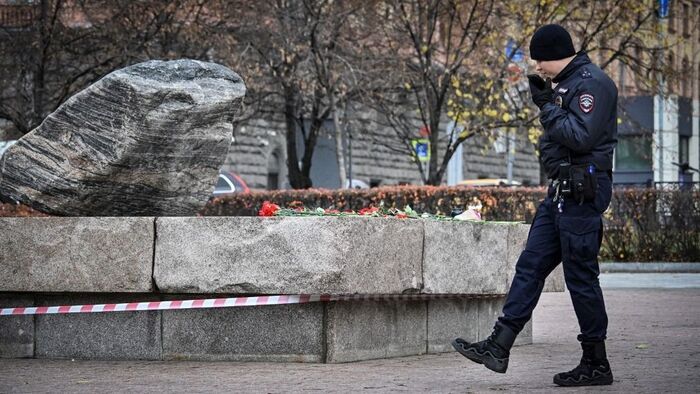
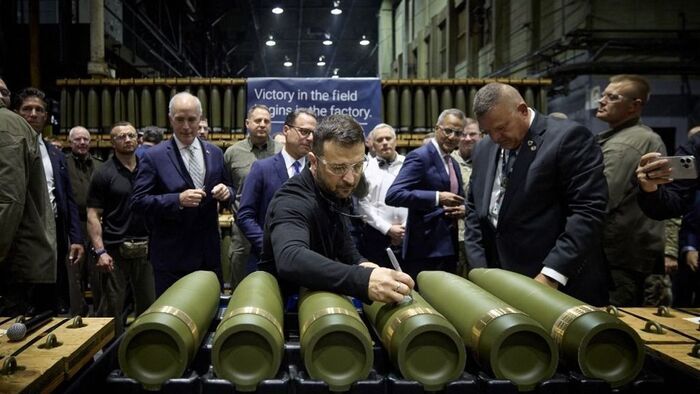



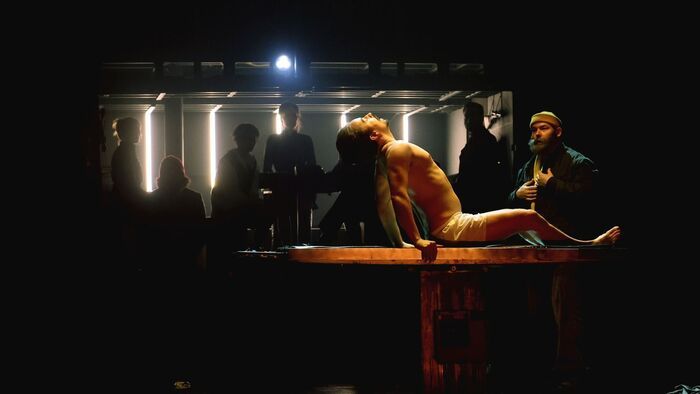

Szóljon hozzá!
Jelenleg csak a hozzászólások egy kis részét látja. Hozzászóláshoz és a további kommentek megtekintéséhez lépjen be, vagy regisztráljon!